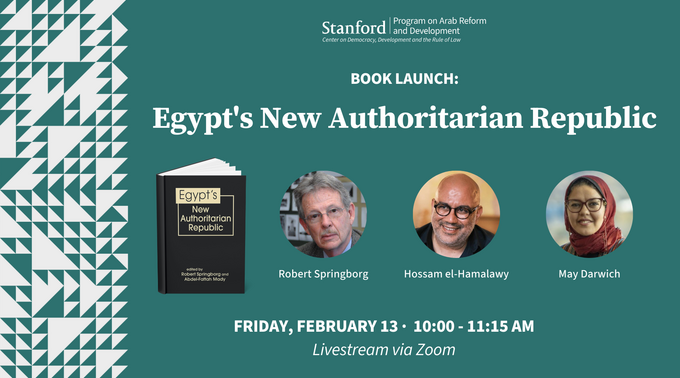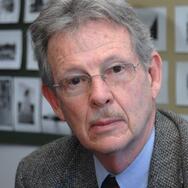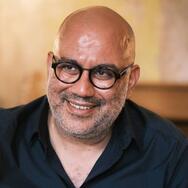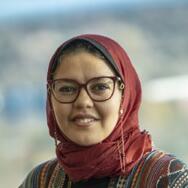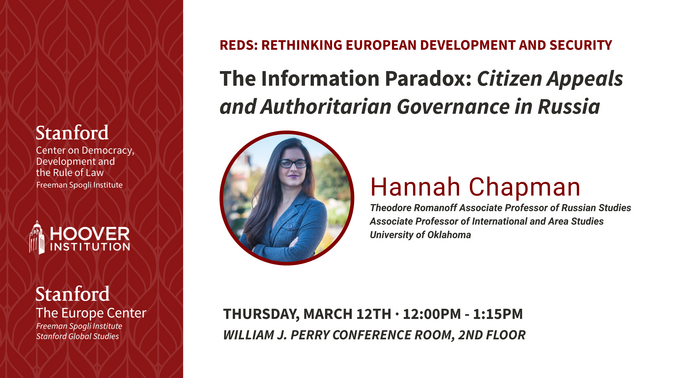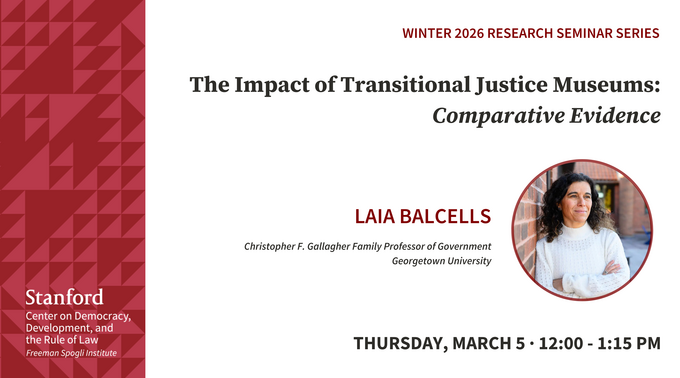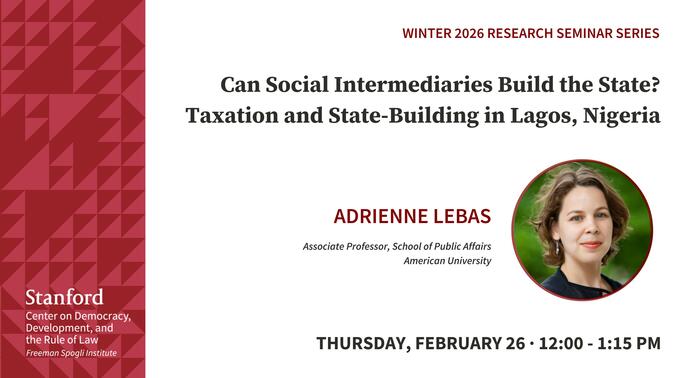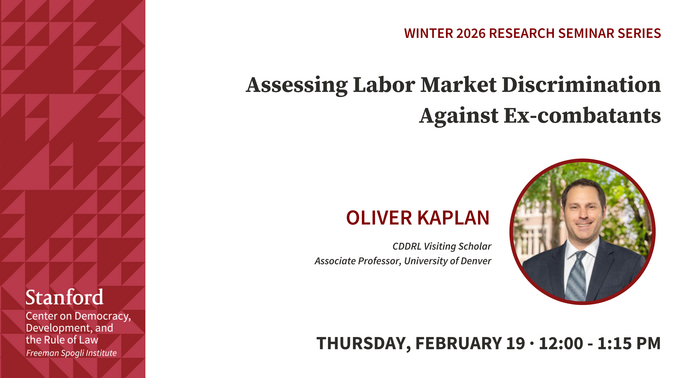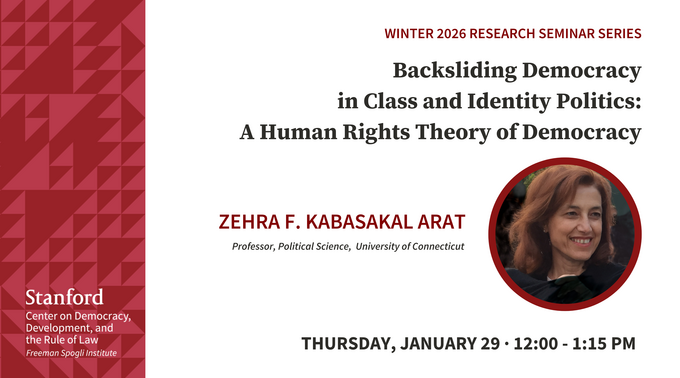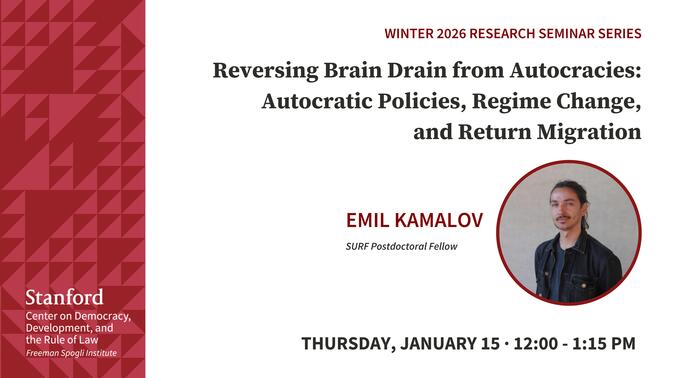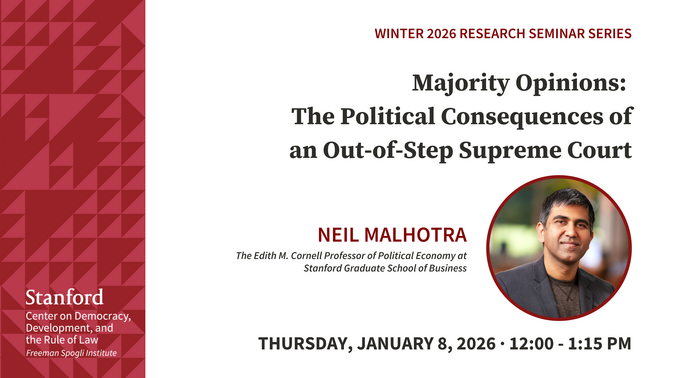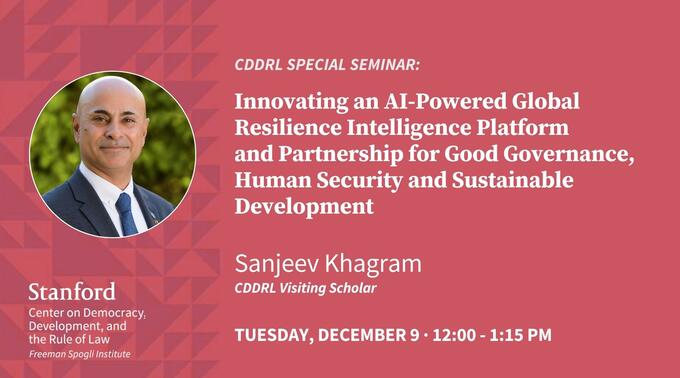Kingdom of Crossroads: Jordan’s Politics and the Future of Arab Democracy
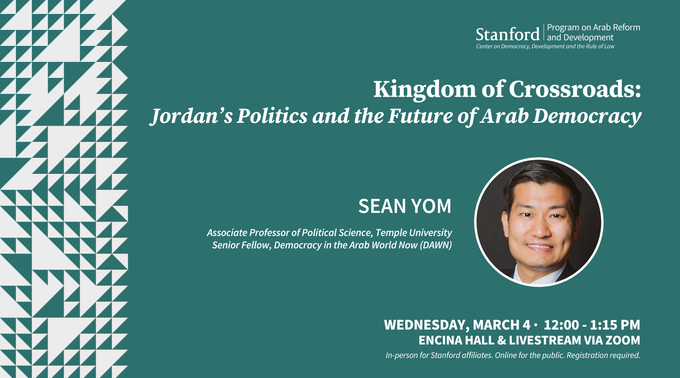
Drawing from the author’s latest book, Jordan: Politics in an Accidental Crucible (Oxford University Press, 2025), this talk explores how the Hashemite Kingdom of Jordan incubates the historical struggle for democracy in the Arab world. Here, the authoritarian monarchy has never suffered revolution or regime change. Yet the economy struggles, there is neither water nor oil, and perpetual protests punctuate the streets. An invention of British colonialism, the kingdom’s fragile borders are still buffeted by refugee crises and regional conflict, and its geopolitical fate has become encaged by the Israeli-Palestinian conflict. Through it all, Jordan’s past and present deliver astonishing narratives of democratic resilience. Opposition forces within society have long battled to transform their autocratic regime—only to be blunted by repression, statecraft, and Western interests. Yet these dreams and demands persist today, making Jordan a surprising fulcrum for the balance of democracy in the Middle East.
ABOUT THE SPEAKER
Sean Yom is Associate Professor of Political Science at Temple University and Senior Fellow at Democracy in the Arab World Now (DAWN). His research explores the dynamics of authoritarian institutions, economic development, and US foreign policy in the Middle East, with a particular focus on Jordan, Morocco, and the Gulf. His most recent books include Jordan: Politics in an Accidental Crucible (Oxford University Press, 2025) and The Political Science of the Middle East: Theory and Research since the Arab Uprisings (co-edited with David A. Lake; Oxford University Press, 2022). He sits on the editorial board of the International Journal of Middle East Studies and the editorial committee of Middle East Report. He is also a former Stanford CDDRL Postdoctoral Fellow (2009-10). AB, Brown University (2003); PhD, Harvard University (2009).
Virtual to Public. If prompted for a password, use: 123456
Only those with an active Stanford ID with access to William J. Perry Conference Room in Encina Hall may attend in person.
Wednesday, March 4, 12:00 - 1:15 pm. Click here to register.

 FSI researchers work to understand continuity and change in societies as they confront their problems and opportunities. This includes the implications of
FSI researchers work to understand continuity and change in societies as they confront their problems and opportunities. This includes the implications of 